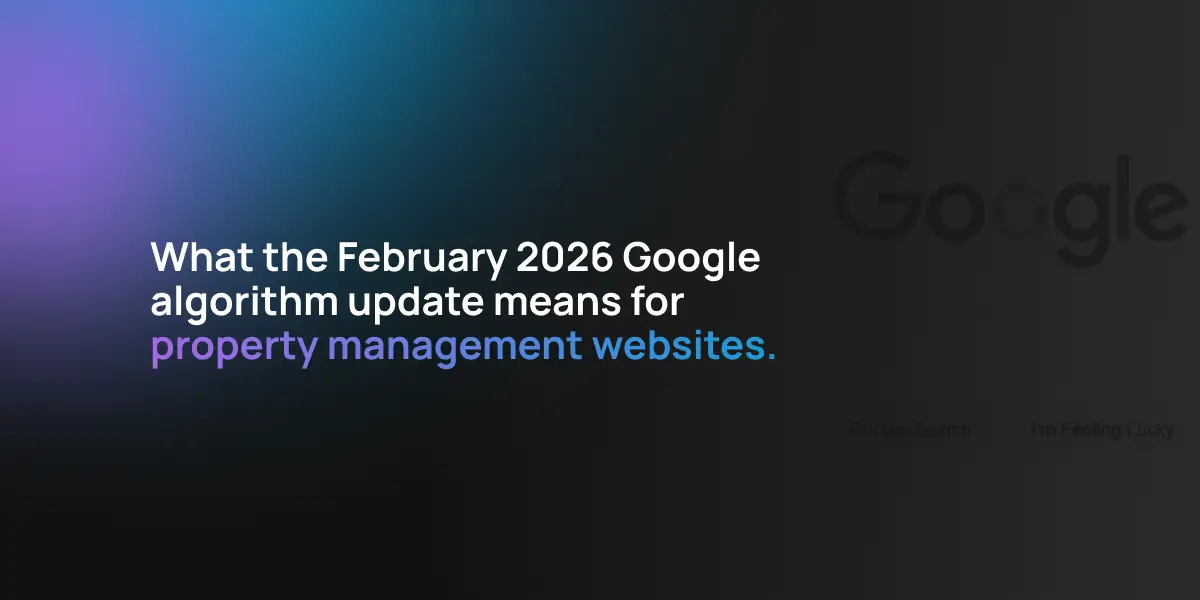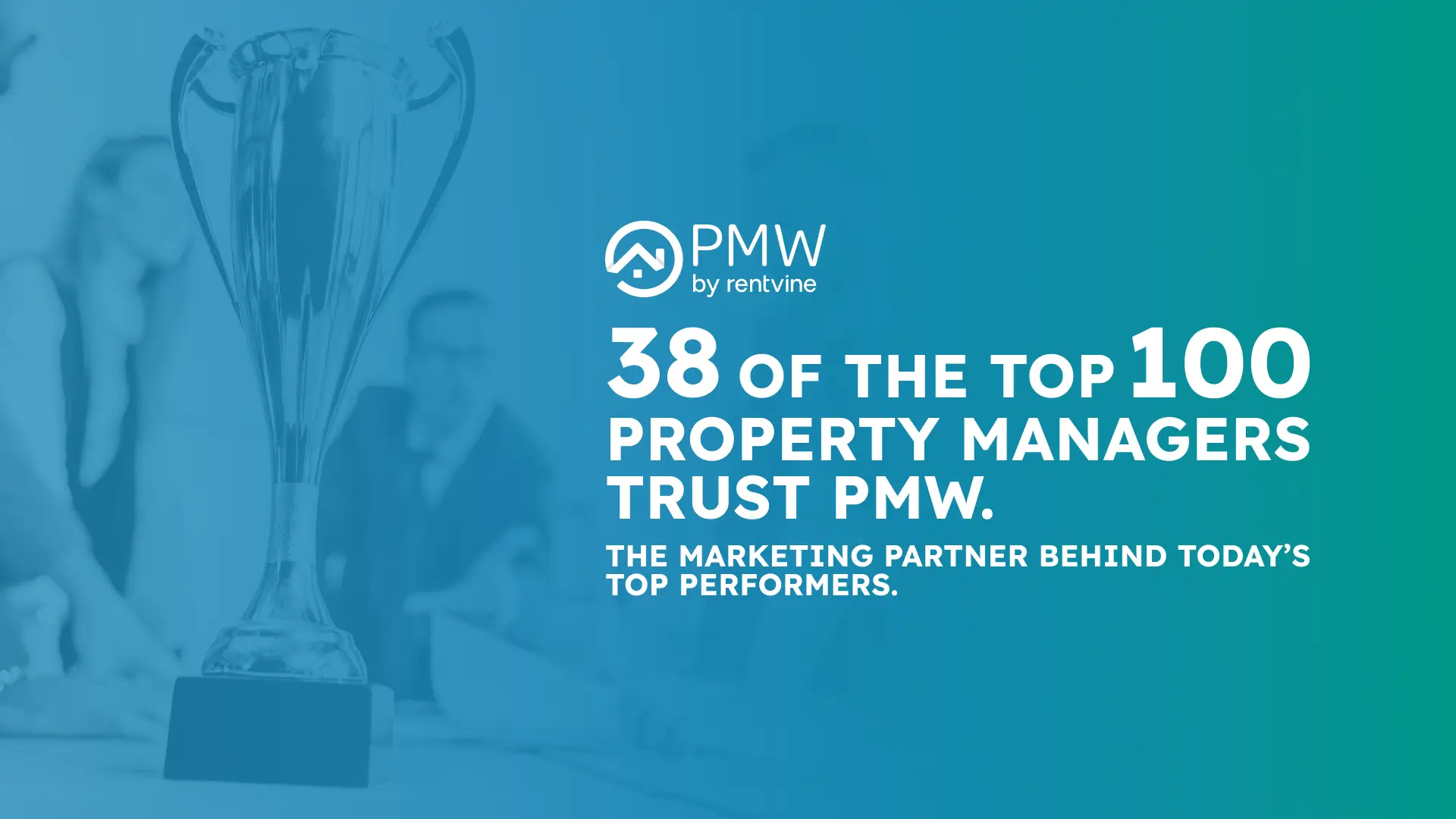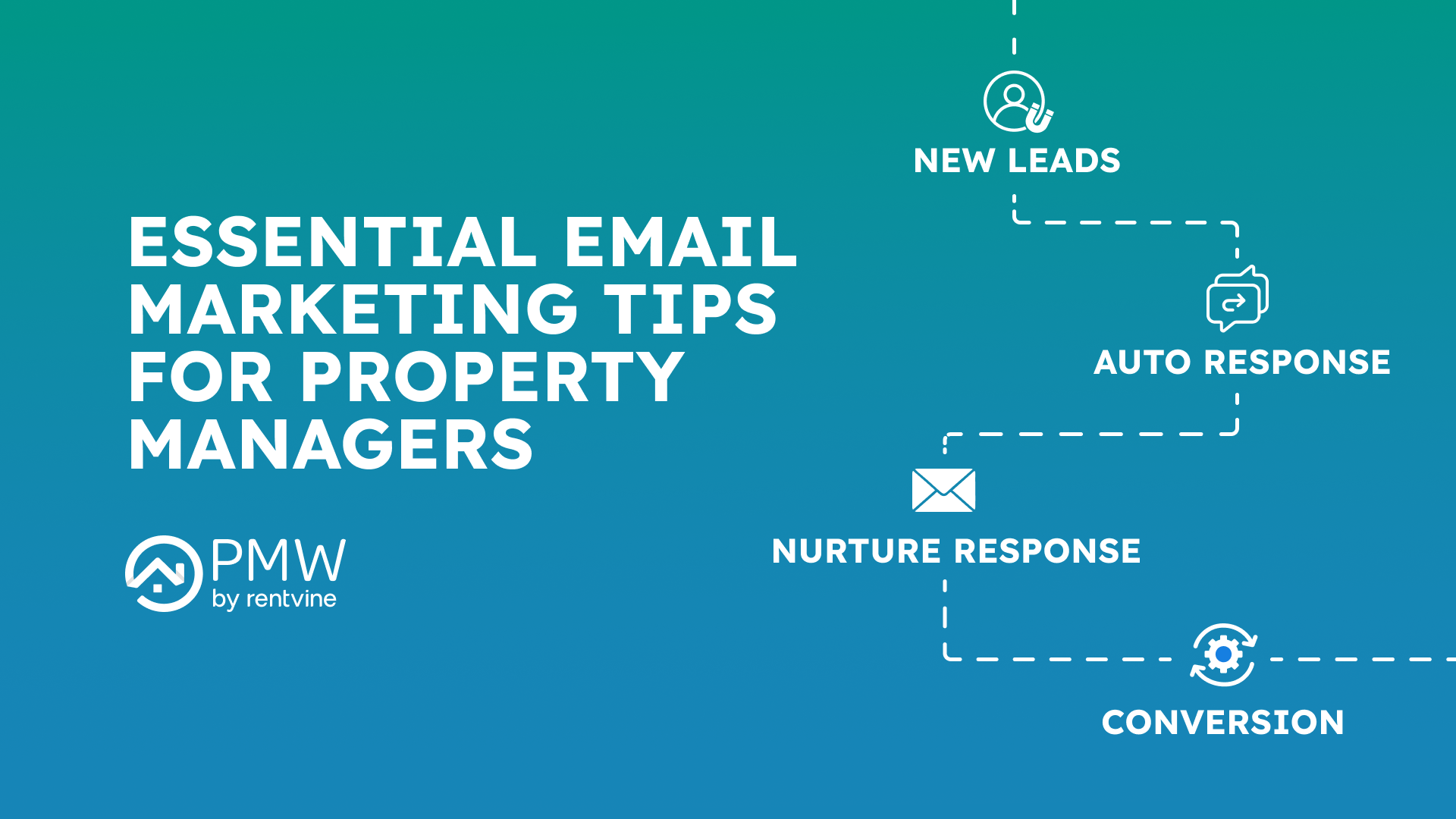
If you don’t tell your story, someone else will.
And here’s the kicker: that “someone” might not even be a person. It could be ChatGPT — confidently telling the internet all about your brand based on outdated reviews, mismatched social media posts, or half-baked info it scraped from a forgotten corner of the web.
Perception is power. In property management, your reputation and brand message aren’t just “nice to have.” They’re the front line of how owners, investors, and tenants decide if they can trust you. And as AI takes center stage, controlling your narrative isn’t optional anymore. It’s survival.
Let’s break it down: who, what, where, when, why, and how — plus exactly how to keep your brand from being misrepresented.
Who’s Involved?
Property managers & companies: You are the brand, and the brand is you.
Property owners & investors: They’re trusting you with valuable assets. If they hear a bad story, they’ll move on.
Tenants: They tell stories — often loudly — through reviews and social posts.
AI & LLMs (ChatGPT, Bard, Perplexity, etc.): They’re amplifiers of your narrative, whether accurate or not.
Competitors: They benefit when your brand looks sloppy or inconsistent.
What’s at Stake?
Your brand message and tone of voice:
Are you the reliable, no-nonsense manager?
The approachable, friendly one?
The tech-forward, modern operator?
Whatever your brand identity is — it needs to show up consistently everywhere: your website, Google Business profile, social media, and in how you respond to reviews.
Without that consistency, others fill in the blanks for you: tenants venting online, AI tools spitting out half-true statements, or competitors painting you as “just another management company.”
Where Does Your Narrative Live?
Everywhere your brand touches the web:
Google Business Profile: The first impression in search — hours, photos, updates, reviews.
Your website: Messaging, testimonials, tone of voice.
Social media: Facebook, LinkedIn, Instagram, even TikTok in some markets. Consistency matters.
Review sites: Google, Yelp, ApartmentRatings, BBB, local forums.
AI & LLM outputs: When someone asks ChatGPT about you, it pulls from the above sources.
If your info is inconsistent — wrong phone numbers, outdated branding, old reviews — that’s what people and AI will believe.
When Does This Matter?
Right now: Perception is already shaping who gets the next client.
At the first Google search: 75% of people never scroll past page one (HubSpot, 2024). If your Google Business looks weak, you’re done before they click.
At the first AI answer: If ChatGPT says, “XYZ Management is known for slow maintenance and poor communication,” that’s your narrative — fair or not.
Whenever AI “hallucinates”: LLMs can generate outdated or flat-out wrong info about your brand. If you aren’t monitoring, you won’t even know what’s being said until it costs you a deal.
Why Control Matters
First impressions count: Your online presence is the handshake before the handshake.
AI is rewriting the rules: LLMs don’t just regurgitate your marketing copy. They pull everything — reviews, articles, mentions — and present it as fact.
Hallucinations hurt: Imagine ChatGPT saying you manage 500 units when you actually manage 50. Or that you operate in a city you don’t. Errors like this shape perception and can confuse prospects.
Consistency builds trust: Unified brand voice = professionalism. Fragmented voice = chaos.
Revenue impact: Just like with reviews, consistent branding correlates with stronger leads and higher client trust.
How to Control Your Narrative
This is where perception becomes power.
1. Optimize Your Core Assets
Google Business Profile: Complete every field. Add updated photos, descriptions, hours, services. Encourage reviews.
Website: Use clear, professional copy that reflects your brand’s tone. Showcase testimonials. Add schema markup so AI/search engines can “see” your reviews and key facts.
2. Define and Stick to Your Tone of Voice
Professional but approachable?
Fun but authoritative?
Tech-savvy and modern?
Decide on your voice and make sure it shows up in:
Website copy
Social posts
Review responses
Email templates
3. Control the Conversation in Reviews
Respond to every review, positive or negative, in your voice.
A bad review + great response still builds trust.
Use key phrases you want associated with your brand (e.g., “We pride ourselves on fast, professional maintenance service.”).
4. Monitor for Misinformation
Use AIO reporting to track:
Incorrect business data in search/AI results.
Outdated facts in LLM responses.
Shifts in review sentiment.
Catch hallucinations early and correct them with updated content.
5. Be Consistent Across Social Channels
Align visuals (logos, colors, style).
Align messaging (voice, values, tone).
Don’t let one channel sound like a college intern while another sounds like a lawyer.
6. Take Ownership of Your Story
Publish content (blogs, FAQs, guides) that reinforces your expertise.
Share client success stories.
Highlight values (responsiveness, trustworthiness, professionalism).
If you’re not telling your story, AI — or worse, disgruntled tenants — will.
The Role of Reviews in Narrative Control
Reviews are the loudest and most trusted form of content about you.
Quantity matters: 200 reviews outweigh 5.
Recency matters: Fresh reviews show you’re active and relevant.
Responses matter: Even negative reviews can reinforce your brand voice if you handle them well.
How AIO Reporting Protects Your Brand
AI Optimization (AIO) reporting = your watchdog in the age of AI.
Tracks reviews and sentiment: Know instantly when your reputation is shifting.
Flags inaccuracies: If ChatGPT is saying something wrong about your brand, you can identify it and take corrective action with updated content.
Benchmarks competitors: See how your brand narrative stacks up in the market.
Surfaces opportunities: Spot gaps where reviews, social posts, or website updates can strengthen your message.
Action Plan for Property Managers
Audit your online presence: Google yourself. What comes up? What does ChatGPT say about you?
Unify your brand voice: Create a simple style guide — tone, words to use, words to avoid.
Optimize your Google Business & website: Ensure everything is accurate, branded, and current.
Respond to reviews consistently: Build trust with your words, not silence.
Use AIO reporting: Track sentiment, spot errors, and correct AI-driven misinformation.
Be proactive with content: Blogs, social posts, and updates that reinforce your expertise and values.
Stay vigilant: Perception shifts quickly online. Make monitoring part of your routine.
Closing
Your brand is your story. And in the digital-first, AI-driven world, you can’t afford to let others write it for you.
Take control of your narrative. Own your voice. Make sure when someone , or some AI, is talking about your company, they’re telling your version of the story.
Because in property management, perception isn’t just reality. It’s revenue.
Additional Resources:
The AI Search Game Is Changing Fast: What You Need to Know Now to Avoid Losing Leads
A Dynamic Smartsite Built to Convert in Tracy, California
Competitor Content GAP Analysis: How We've Studied Every Market So You Don't Have To







